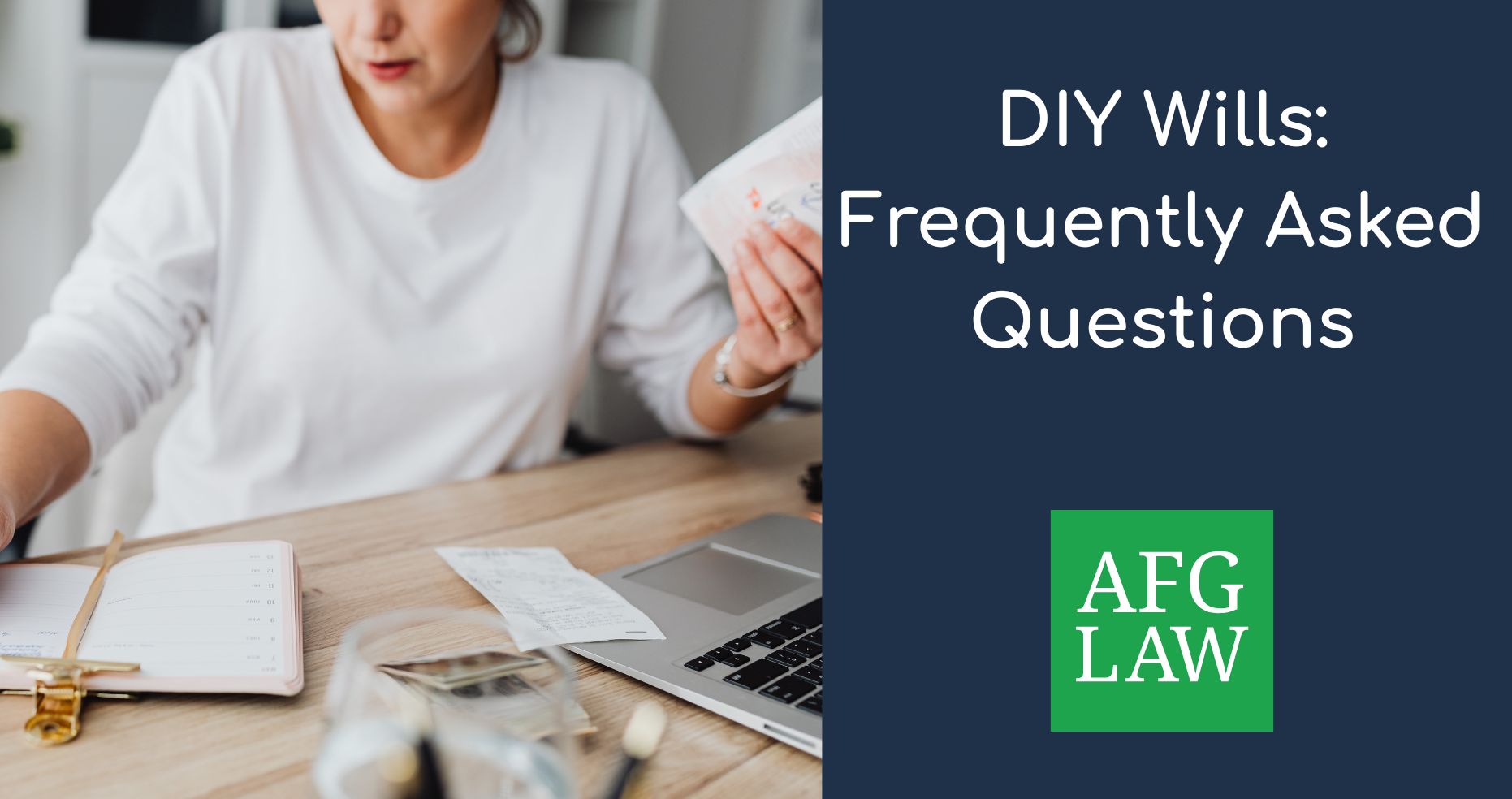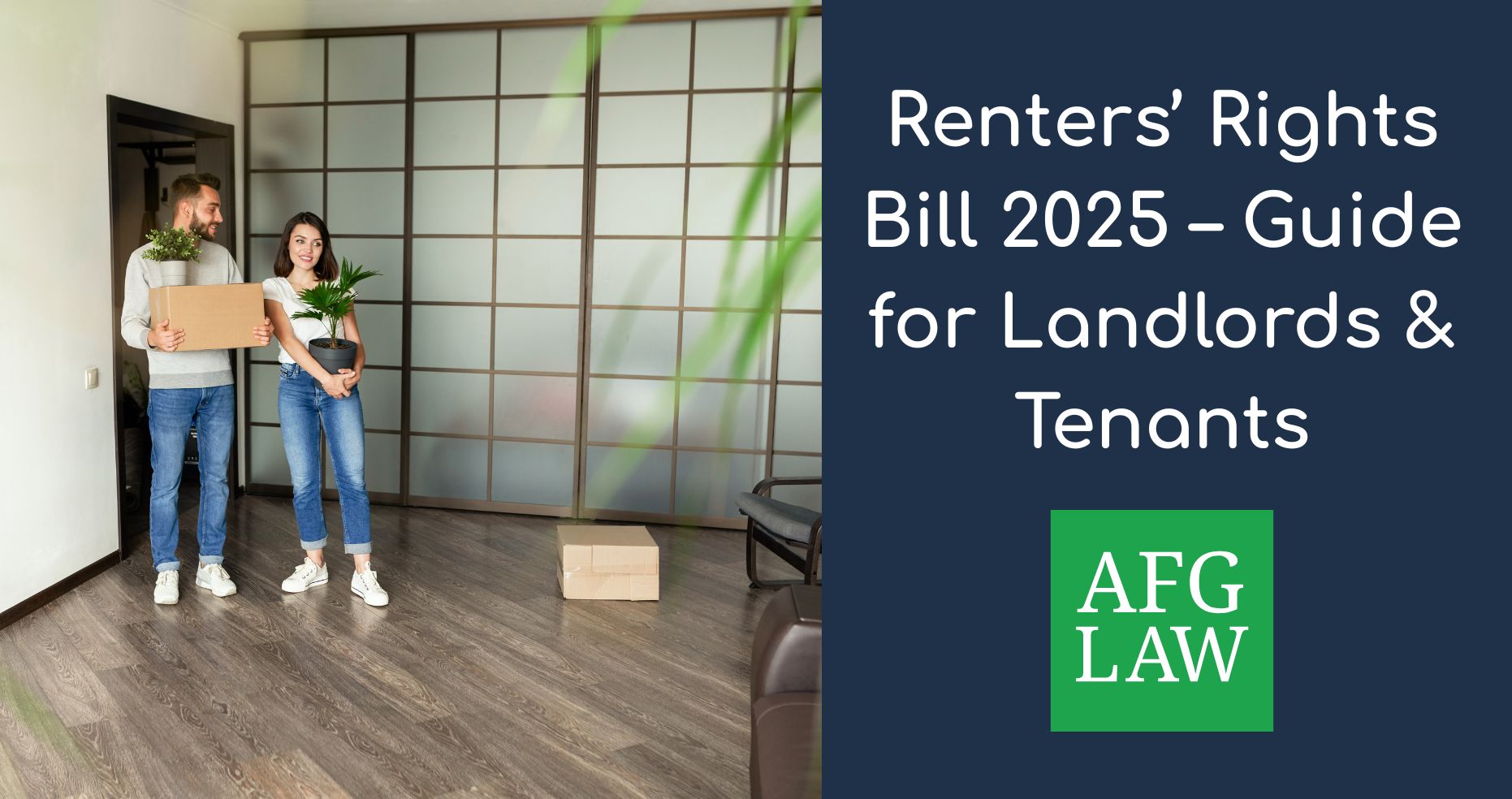Option agreements are often used in commercial property transactions. It allows one party, typically a developer or investor, the exclusive right, but not the obligation, to purchase or lease property within a set timeframe and on agreed terms.
These agreements are especially useful in scenarios where the buyer wants to explore funding, planning or feasibility without committing to an immediate purchase.
AFG Law have a team of experienced commercial property solicitors who can assist in the drafting and negotiation of these types of agreements. Contact us today to find out how we can help you.
What is an Option Agreement?
An option agreement gives a buyer the exclusive right, but not the obligation, to purchase the property or land at an agreed purchase price during a fixed option period. The buyer will be required to pay an option fee, often a small percentage of the property’s value, in return for this right. The agreement will only become a binding contract if and when the buyer chooses to go ahead by exercising the option.
Why are Option Agreements used?
Option agreements are widely used when the buyer needs time to progress through the planning process raise funds, or assemble multiple pieces of land into one viable site. For the buyer, it offers flexibility; they can walk away if things do not go to plan. For the seller, it can offer a clear path to selling the property at a fixed or calculated price, whilst also retaining ownership during the time of the deal.
Compared with conditional contracts, which require both parties to proceed with the transaction once specific conditions are met, option agreements give the buyer the power to decide whether or not to complete.
What Should be Included Within an Option Agreement?
An option agreement will set out:
- The option period (often 6–24 months), the time frame during which the buyer may exercise the option
- The option fee payable to the seller when the agreement is signed
- The agreed purchase price, which may be fixed or calculated based on future market value or planning gain
- Any conditions the buyer must meet before exercising the option (e.g. obtaining planning permission)
During the option period, the seller cannot sell or agree to sell the land to anyone else. The buyer has full control over whether to complete the purchase. This means that if the seller has a mortgage on the property, they should seek their consent of their lender before entering into an option agreement.
The agreements should also deal with:
- Whether the buyer can assign or transfer the option to purchase
- The duration of the option agreement and its ability to be extended
- What happens if planning is granted but delayed
- Any contributions towards costs incurred during the planning stage
- Obligations to act in good faith or consult with the seller
It’s important that both parties understand what exercising the option entails, and that any agreement to purchase the land is documented clearly to form a binding contract upon exercise.
Common Use Cases in Commercial Property
Option agreements are particularly useful in land development, where the buyer may need time to work through the planning process before committing to buy. Developers often secure options on several parcels of land in order to build larger schemes. They are also used in conjunction with promotion agreements, where third parties assist landowners in securing planning before sale.
These agreements are also helpful where there are legal or environmental issues to investigate, or where development is only viable if adjoining land is acquired.
Advantages and Risks
The key benefit for buyers is the flexibility to secure a site without the full financial commitment upfront. This allows time for due diligence, market research, or submitting a planning application. If planning is refused or circumstances change, the buyer can let the option lapse, losing only the option fee and any professional fees they may have incurred.
Sellers benefit from having a potential buyer lined up and often receive the option fee as compensation for tying up their land. However, there is always the risk that the deal doesn’t proceed, and the property remains unsold after the expiry of the option period.
The terms of the option agreement must be carefully tailored to reflect the objectives of both parties, particularly where planning or market conditions may evolve over time.
How AFG Law Can Help
Whether you are the buyer or seller, professional legal guidance is essential when entering into an option agreement. Issues like valuation, title restrictions, planning obligations, and tax considerations must all be reviewed carefully. Ensuring the option fee, purchase price and terms for exercising the option are clearly set out helps avoid disputes and protects your commercial position.
At AFG Law, our commercial property team has extensive experience advising developers, investors, and landowners on option agreements and related development structures. Whether you are looking to sell the property subject to future uplift or secure a site for future use, we can guide you through the process and draft a robust agreement tailored to your goals.
Please call us or drop us an email at commercialpropertyenquiries@afglaw.co.uk to discuss your matter in more detail.









